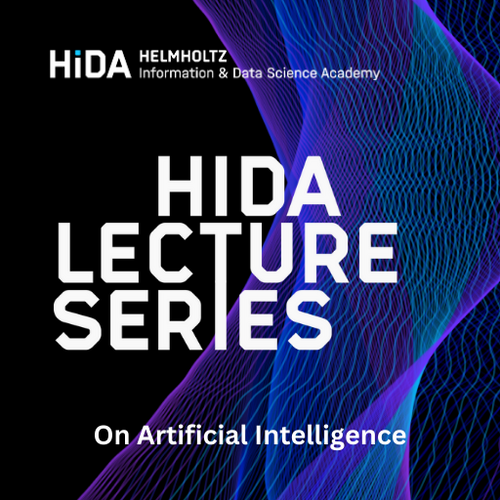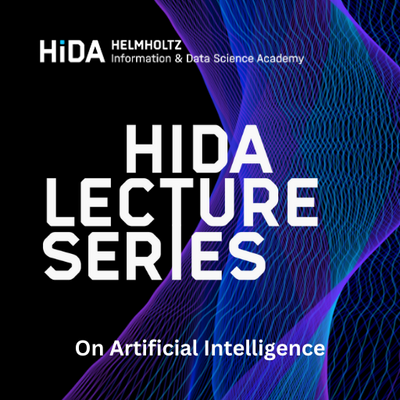Speaker: Blake Richards, McGill University / Mila – Quebec Artificial Intelligence Institute
Date: 10.03.2025, 02:00 pm
Title: Large-Scale Brain Decoding - Taking Advantage of Physiological Diversity
Abstract:
Decoding information from neural activity can be important for many neuroscience applications, including basic research into sensorimotor processing, clinical diagnosis, and brain-computer interfaces. Brain data is too complex for traditional statistical techniques to provide much traction in decoding, and there is general agreement that deep learning approaches are necessary. However, deep learning requires large-scale datasets, which presents a challenge for neural activity data, because neural data is highly heterogeneous, with each recording involving different subjects, modalities, species, brain regions, stimuli, behaviour, and health states. How can we train a single model across such diverse data?
The lecture introduces new techniques developed for training neural decoding models across diverse datasets. Using novel tokenization approaches, Blake Richards demonstrates the feasibility of building large-scale, transformer-based neural decoding models that effectively integrate data from different subjects, stimuli or behaviors, brain regions, cell types, and even species. Their findings reveal that model performance improves as data diversity increases, suggesting that scaling neural decoding models is achievable when the system is specifically designed to leverage the richness of neural datasets.
Blake Richards
Blake Richards is an associate professor at the School of Computer Science and the Department of Neurology and Neurosurgery at McGill University. He is also a core academic member of Mila – Quebec Artificial Intelligence Institute. Richards' research focuses on the intersection of neuroscience and artificial intelligence. His lab explores the universal principles of intelligence that apply to both natural and artificial agents.
He has received several prestigious awards, including the NSERC Arthur B. McDonald Fellowship in 2022, the Canadian Association for Neuroscience Young Investigator Award in 2019, and a Canada CIFAR AI Chair in 2018. From 2011 to 2013, Richards was a Banting Postdoctoral Fellow at SickKids Hospital.
Richards earned his PhD in neuroscience from the University of Oxford in 2010 and his BSc in cognitive science and AI from the University of Toronto in 2004.





